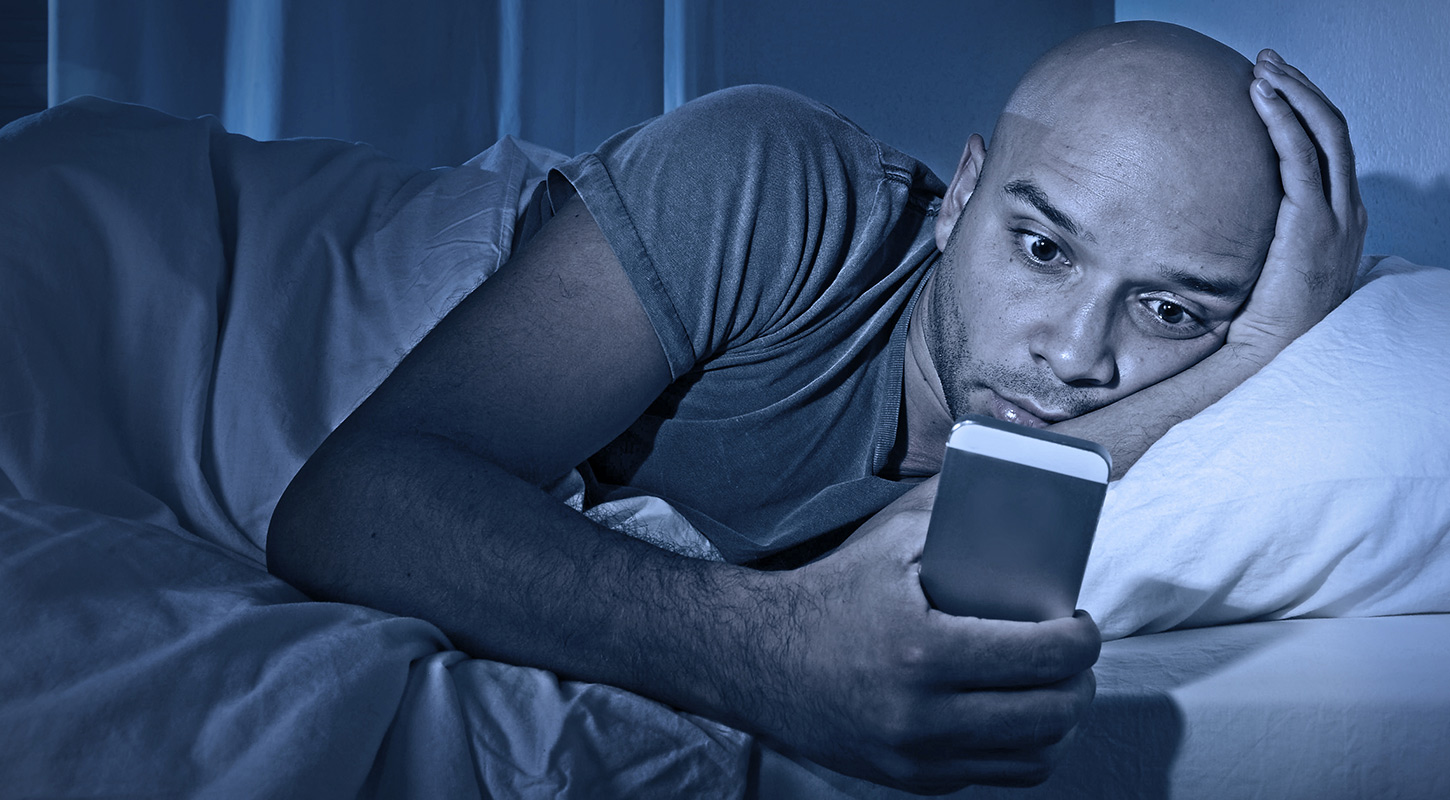Five Tips to Help You Get a Great Night’s Sleep

More than one in every three adults in America is getting less than the recommended duration of sleep every night. Some people may think they are getting enough sleep, but it is also important to consider the quality of sleep. Not addressing this issue can lead to high blood pressure, diabetes, depression, and obesity in the long-run.
Healthy sleep includes several different aspects, the first being how long you sleep. Seven to nine hours of sleep per night is recommended, but this can vary depending on personal needs. To determine how much sleep your body needs, spend a few weeks going to bed as soon as you are tired and waking up on your own every morning. Once you’ve done this, assess how many hours you were sleeping per night.
Timing is the next key to healthy sleep. The circadian rhythm of your body is set with the natural light and darkness outside. Melatonin, which your body produces to help you fall asleep, is linked to darkness. If possible, it is best for your body to sleep when it is dark. Finally, addressing any health issues you may have that interfere with sleep like insomnia, sleep apnea, and restless leg syndrome is important to getting healthy sleep.
To get the best night’s sleep possible, try these five tips:
- Maintain a sleep routine. Go to bed and wake up at the same time every day and keep your pre-bedtime routine the same, too. This will help make your body aware that sleep is coming.
- Make sure your room is sleep-friendly. Keep things cool, dark, and quiet by turning out all the lights and using white noise machines to block out noise.
- Avoid exercise before bed. While regular exercise can help you sleep more soundly, it can prevent sleep if you do it too soon before going to bed.
- Skip caffeine or alcohol before bed. Caffeine should be avoided after 2 p.m. as it can increase your chances of insomnia. While alcohol makes you drowsy in the short-term, it can cause a disturbance in your sleep once it wears off.
- Turn off technology. Televisions, cell phones, and computers can disrupt your sleep. The wavelengths of light they emit can confuse your body by imitating daylight. Additionally, choose a calming activity like reading in order to relax your body before bed.
If you’re still having trouble sleeping after implementing these tips, try keeping a sleep diary and speak to your doctor.
